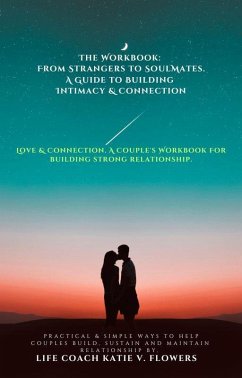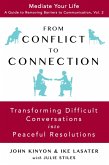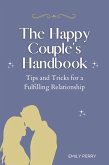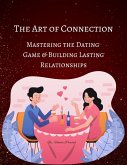Within this unique e-book, we will explore effective conflict resolution strategies and techniques that will help you and your partner navigate conflicts with empathy, understanding, and respect. By developing these skills, you can foster a healthier and more harmonious relationship. The following bullet points outline the key areas we will cover:
- Establishing healthy communication patterns:
- Active listening: Giving your full attention and seeking to understand your partner's perspective.
- "I" statements: Expressing your feelings and needs using "I" statements rather than blaming or criticizing.
- Taking breaks: Agreeing on a strategy for taking breaks during heated arguments to cool down and regain composure.
- Resolving conflicts constructively:
- Identifying underlying needs: Digging deeper to uncover the underlying needs and values behind conflicts.
- Compromise and collaboration: Seeking win-win solutions through compromise and collaborative problem-solving.
- Seeking professional help when needed: Recognizing when conflicts persist and considering the support of a relationship therapist or counselor.
- Strengthening the relationship after conflict:
- Reflecting and learning: Taking time to reflect on conflicts and discussing lessons learned.
- Rebuilding trust and connection: Engaging in activities that rebuild trust and demonstrate commitment to the relationship.
- Regular relationship check-ins: Establishing a routine for discussing emerging issues and preventing conflicts from escalating.
By incorporating these conflict resolution strategies into your relationship, you can navigate conflicts in a constructive manner, promoting growth, understanding, and a deeper connection. Let's dive into each of these areas and equip you with the tools you need for effective conflict resolution.
Dieser Download kann aus rechtlichen Gründen nur mit Rechnungsadresse in A, B, CY, CZ, D, DK, EW, E, FIN, F, GR, H, IRL, I, LT, L, LR, M, NL, PL, P, R, S, SLO, SK ausgeliefert werden.









